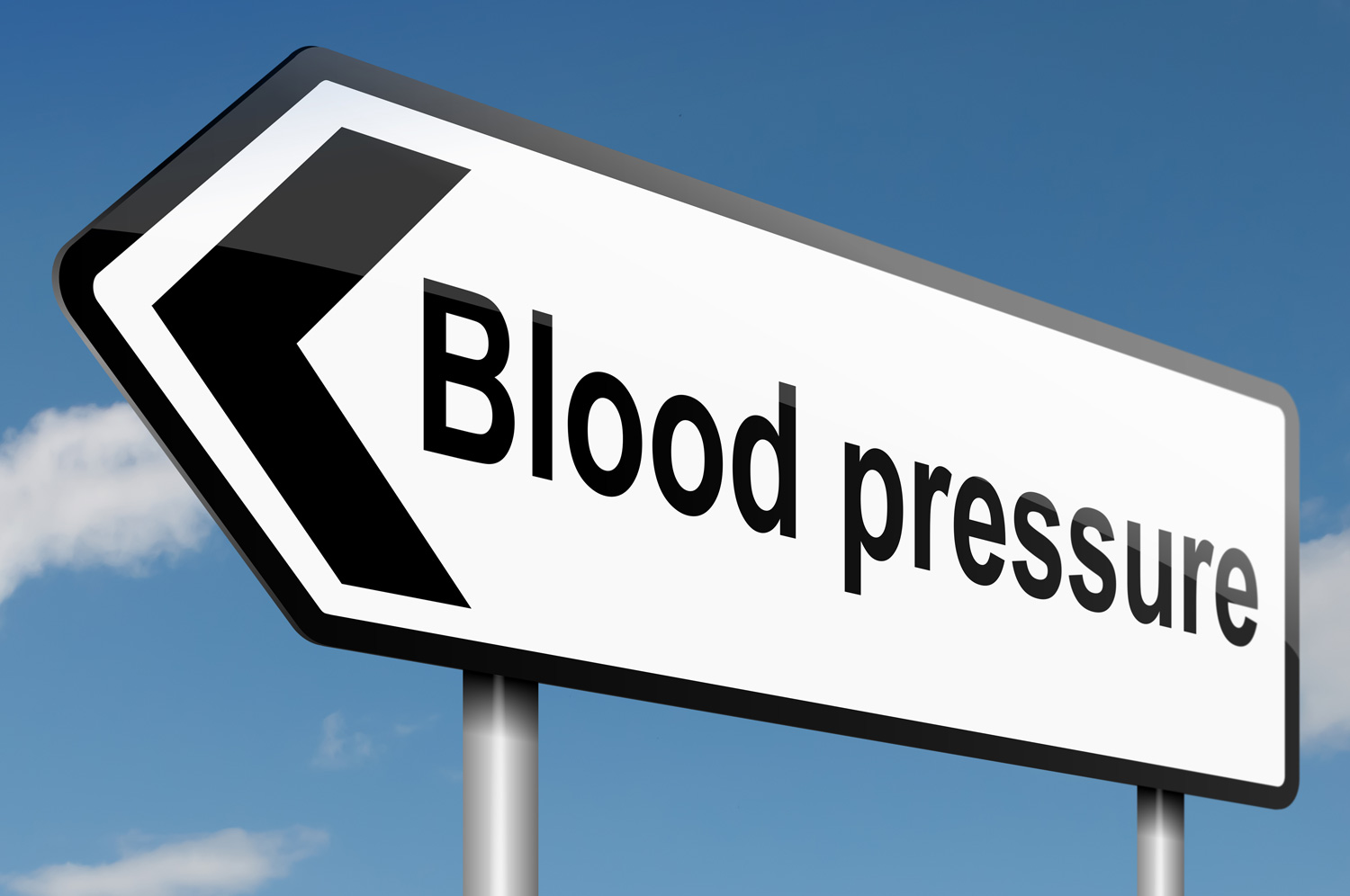

115 Lethbridge St, Penrith
(02) 4729 5100

Hypertension or high blood pressure is a condition that needs to be managed to reduce the risk of developing heart disease. You can be proactive in reducing your blood pressure by making a few diet and lifestyle changes.
Here is an overview of the changes we recommend you make to reduce your blood pressure and your risk of developing heart disease.
Studies have shown that regular aerobic exercise lowers daytime blood pressure by 3.2mmHg and 2.7mmHg respectively1. The exercise you do depends on your current fitness, age and other chronic conditions you may have. It is important to talk to your doctor before starting regular exercise to make sure you are not putting yourself at risk of having a cardiac event.
The important message here is start slow and to your ability and build up the amount of exercise you can do once your fitness levels improve. And remember, any physical activity is better than none.
Staying a healthy weight reduces your overall risk of developing heart disease. If you are overweight losing as little as 2kg to 5kg can have a meaningful reduction in blood pressure.3,4 It is important to set achievable goals and consider seeing a dietician to help you achieve those goals.
Consider the DASH diet (Dietary Approaches to Stop Hypertension), it is designed to reduce foods in your diet that exacerbate high blood pressure, such as excessive salt and saturated fats; and encourages more of the foods that have been shown to lower blood pressure such as vegetables, fruits and whole grains.
Aim for between 4 to 6g of salt per day (approx. one teaspoon). To do this, choose low salt products (less than 120mg/100g – check the label) and reduce the amount of processed and takeaway foods in your diet as these usually contain high amounts of salt.
On average a smoker’s life expectancy is up to 10 years less than a non-smoker with 60% of smokers dying prematurely from a smoking related disease. Smoking cessation has been shown to reduce blood pressure and overall heart disease risk5.
Talk to your GP about giving up smoking as there are Medicare-covered options and medications to help you quit and battle the cravings.
Consider using dedicated services such as Quitline (13QUIT) for additional support and information.
More than 2 standard drinks (men) and 1 standard drink (women) can cause immediate increase in blood pressure and, if consumed regularly, increases your risk of developing hypertension.6,7
Factor in alcohol free days or give up the booze entirely to reduce your risk of developing high blood pressure.
For more information regarding what you can do to lower your blood pressure and reduce your risk of developing heart disease, talk to your doctor about strategies that will best suit you and your lifestyle.
1. National Health and Medical Research Council. Clinical Practice Guidelines for the Management of Overweight and Obesity in Adults, Adolescents and Children in Australia. Canberra: NHMRC, 2013
2. Cornelissen VA, Buys R, Smart NA. Endurance exercise beneficially affects ambulatory blood pressure: a systematic review and meta-analysis. J Hypertens 2013; 31(4):639–48.
3. Azadbakht L, Mirmiran P, Esmaillzadeh A, Azizi F. Better dietary adherence and weight maintenance achieved by a long-term moderate-fat diet. Br J Nutr 2007; 97(2):399–404.
4. Aucott L, Rothnie H, McIntyre L, Thapa M, Waweru C, Gray D. Long-term weight loss from lifestyle intervention benefits blood pressure?: a systematic review. Hypertension 2009; 54(4):756–62
5. Gratziou C. Respiratory, cardiovascular and other physiological consequences of smoking cessation. Curr Med Res Opin 2009; 25(2):535–45.
6. Taylor B, Irving HM, Baliunas D, et al. Alcohol and hypertension: gender differences in dose-response relationships determined through systematic review and meta-analysis. Addiction 2009; 104(12):1981–90.
7. Xin X, He J, Frontini MG, Ogden LG, Motsamai OI, Whelton PK. Effects of alcohol reduction on blood pressure: a meta-analysis of randomized controlled trials. Hypertension 2001; 38(5):1112–17.
heartfoundation.org.au
Blood pressure FAQs
Quitline
Healthy eating
